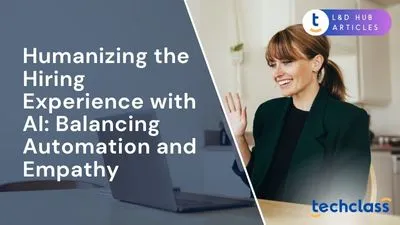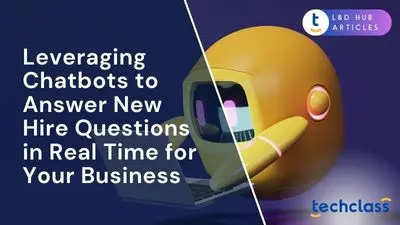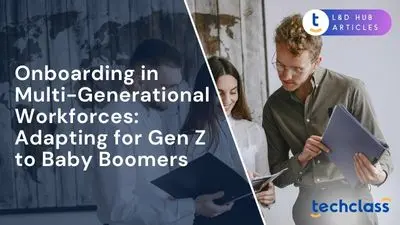Artificial intelligence is everywhere right now, and its impact is being felt most strongly in high-stakes professional fields such as finance, law, and compliance. The big question many are asking is: What does this new world of work actually look like?
The common fear is that jobs will simply vanish. However, the reality is far more nuanced. This is not about extinction but evolution. Roles are not disappearing—they are being rewritten before our eyes. A recent global survey revealed that 77% of professionals believe AI will have a high or even transformational impact on their work within the next five years. This is no longer hypothetical; it is happening now.
AI excels at taking over repetitive, data-heavy tasks: reconciling accounts, scanning thousands of documents, or monitoring log files. By handling the heavy lifting, AI frees professionals to focus on uniquely human strengths—critical thinking, solving complex problems, and making strategic decisions.
This shift is not just about adopting new software. It is about redefining where human value truly lies.
Traditionally, finance roles involved endless manual data crunching and reporting. Today, AI handles these processes with speed and accuracy, transforming finance professionals into strategic advisors—or “value creators.” Their role now centers on interpreting AI insights and helping to steer organizational strategy.
Legal work has long been defined by billable hours spent researching case law or drafting contracts from scratch. With AI producing first drafts in seconds, lawyers now serve as decision validators. They refine AI outputs with nuanced legal judgment and strategic expertise—human contributions that remain irreplaceable.
Compliance has shifted from being reactive to proactive. Previously focused on box-checking after problems arose, compliance officers can now rely on AI as a real-time watchdog that flags anomalies before they escalate. The role evolves into that of a risk strategist—investigating potential threats and designing safeguards for the future.
This new professional reality follows a three-step process:
AI provides the signals; humans provide the meaning.
This synergy has created demand for a new kind of professional: the hybrid expert.
A hybrid role does not require becoming a programmer overnight. Instead, it involves blending deep industry expertise with new digital skills. Professionals remain experts in their fields, but now with “superpowers” granted by AI.
Key skills in this toolkit include:
Just as Excel was once the universal language of business, a basic grasp of programming languages such as Python is becoming essential for professionals who interact with AI daily.
However, a recent survey revealed that 73% of legal teams are not prepared for this shift. This skills gap represents not a future concern but an urgent crisis for leaders today.
To navigate this transition effectively, leaders must focus on four priorities:
This is not just a technology project; it is a cultural transformation. Notably, 95% of chief legal officers say their teams are already engaging with generative AI, proving that AI adoption is being driven from the highest levels of leadership.
Ultimately, the most important person in this equation is you. The future of work is not human versus machine but human with machine. AI brings unmatched speed and precision, while humans contribute judgment, creativity, strategic thinking, and ethical guidance.
As AI grows more capable at answering the what—what the data says, what the risks are—our greatest value will lie in mastering the why:
This is where the future of professional work truly resides.


